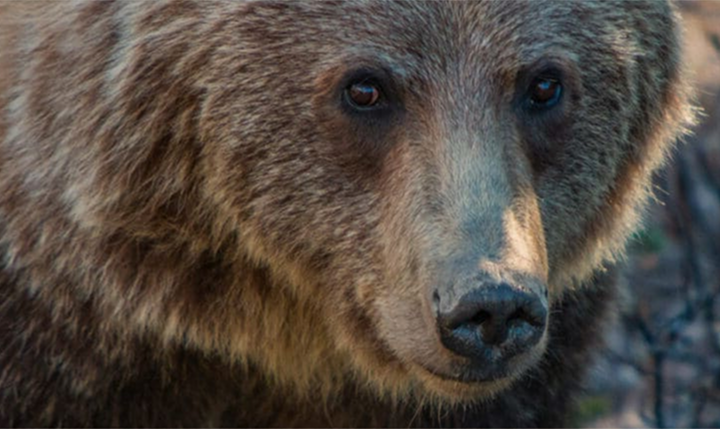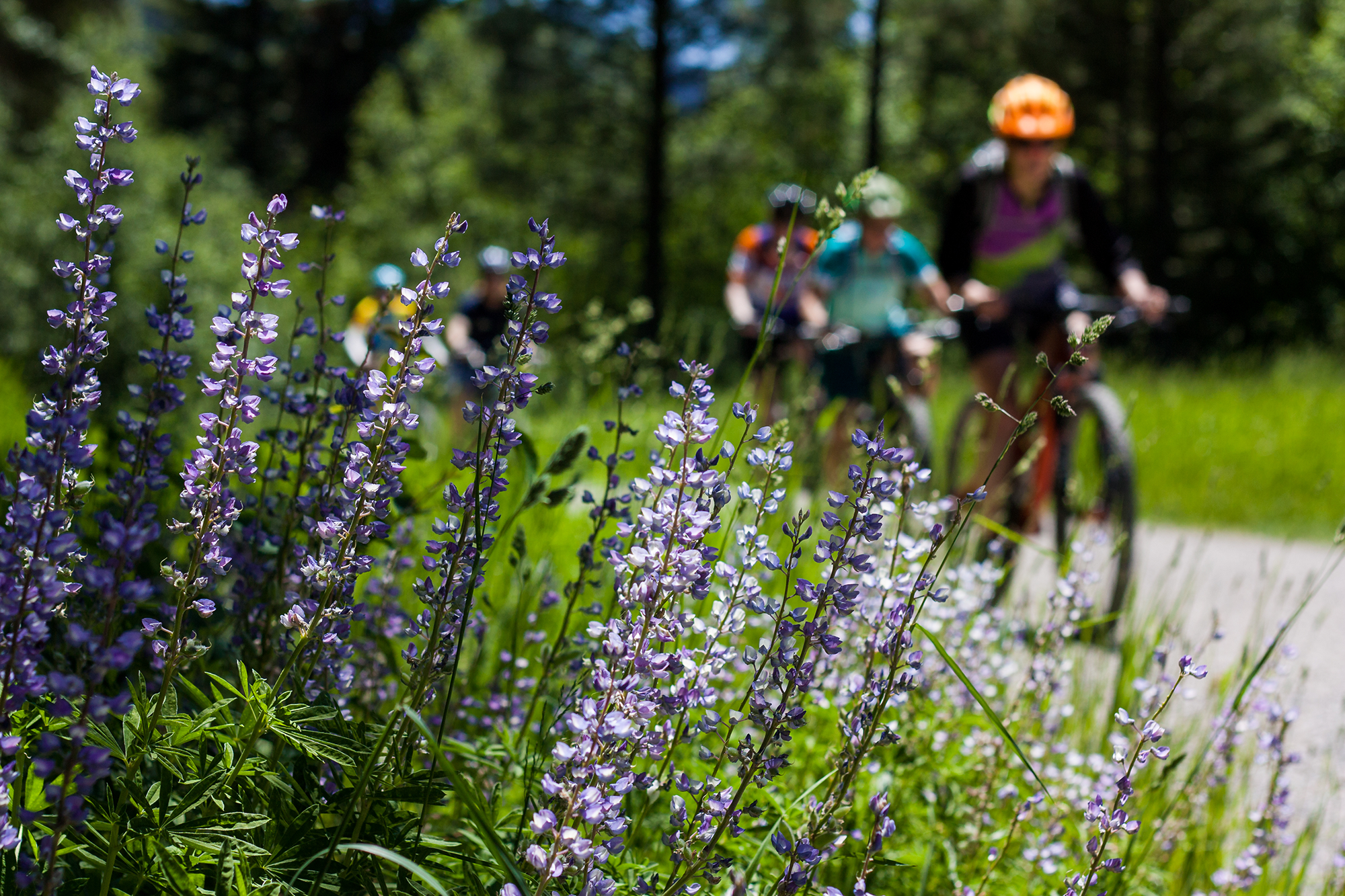If it wasn’t already apparent before, it’s clearer than ever now: not only do people value spending time in wild places, they need nature.
Since 2020, many parks and public lands across the Yellowstone to Yukon region have seen large numbers of visitors and recreationists out enjoying themselves. In Alberta’s Kananaskis Country, that meant more than five million visitors last year, a new record.
On April 27, Alberta’s Minister of Environment and Parks announced a new vehicle pass fee system they say will address drastic visitation increases and environmental concerns in one of Alberta’s most beloved network of parks: Kananaskis Country, an area approximately an hour west of Calgary. At more than 1,622 square miles (4,200 square kilometers), Kananaskis Country is a popular and important part of the Yellowstone to Yukon region for both people and wildlife.
Y2Y is pleased to see government prioritize the management and conservation of parks. The newly proposed “Kananaskis Conservation Pass” would go into effect June 1, 2021 with a fee of $15 per vehicle per day, or $90 annually.
The Minister noted that all fees collected will go directly into the management of Kananaskis Country – including conservation, public safety and services/facilities – and will help “keep this special part of Alberta beautiful and protected for generations to come.”
The land and water health for these sensitive areas matters, and fees should prioritize the long-term ecological needs of the region, and support activities the majority of Albertans enjoy: quiet recreation such as hiking, camping, paddling, fishing and more. But additional information is needed.
To ensure these fees meet conservation needs and provide services that benefit Albertans and nature, these are three considerations:
1: Kananaskis Country – how to ensure fees will reduce existing risks?
Ensuring this beautiful place is intact for people and wildlife for generations to come isn’t just about reducing vehicle traffic.
Kananaskis Country and the nearby Ghost watershed hold the unprotected portion of the Bow River’s headwaters. As well, a range of wildlife including grizzly bears, wolves, lynx and elk use the Bow River valley bottom to move between Banff National Park and Kananaskis Country.
Although it is a vital headwaters region and one of Canada’s premier destinations for outdoor recreation, significant portions of Kananaskis are open to industrial development, including logging, coal mining, and oil and gas development.

2: Access to nature – for all?
Parks are popular in Alberta. If we had more, this might help alleviate pressure on the most visited areas.
As well, fees can bring opportunity but also restrict some folks from accessing these valued areas.
While the money collected can help keep visitor centers open, trails maintained, and staff for conservation programs, enforcement, rescue services, education and visitor experience, they can also have an impact on access. It’s important Indigenous peoples, seniors, those on Assured Income for the Severely Handicapped benefits and other individuals and families under financial pressure are not impacted by a burden of extra costs.
Read more on why access matters for diversity and equity in our parks.

3: How should fees be used?
When it comes to fees and revenue, how the funds are used matters.
Fees should reflect the level of an activity’s impact on the landscape. For example, the fees announced on April 27 do not apply to vehicles accessing the motorized off-highway vehicle (OHV) trails in McLean Creek Provincial Recreation Area, also part of Kananaskis Country. We are hopeful for clarity on why the Province has excluded this high-impact and high-cost activity from the Kananaskis Conservation Pass, despite their platform commitment of a fee for motorized OHV recreation.
Right now, what is most important for this region’s wildlife, water supply and people, is the need to move toward broader land-use planning and protections for Kananaskis Country. We look forward to details on this proposed fee structure and how the Kananaskis Conservation Pass will support these priorities.


